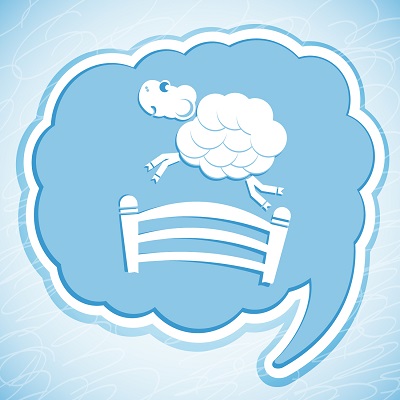 It’s inevitable that you will crave something to eat before falling asleep at some point in time. Whether lying down to indulge in a nap or just before settling down for the night, your stomach will rumble in a request for something that will suppress its cravings.
It’s inevitable that you will crave something to eat before falling asleep at some point in time. Whether lying down to indulge in a nap or just before settling down for the night, your stomach will rumble in a request for something that will suppress its cravings.
While most experts will warn you to stay away from food at least two to three hours before going to bed, the reality is that your stomach simply will not entirely understand your efforts to avoid food. Ultimately, you will cave into those pesky growls.
The food you choose will determine the number of hours you sleep each night and yes, even the quality of sleep you secure. Not sure where to start? The key is to gain an awareness for what foods to avoid and from there, you can choose wisely.
Here are a few foods and drinks that could interrupt your sleep:
Foods that Contain Caffeine
Avoiding foods that contain caffeine should be a no-brainer, but it might surprise you to know that this goes deeper than your basic cup of coffee (caffeinated and decaffeinated), energy drink, or diet soda in a bottle.
Just a tiny helping of 10 milligrams can wreck your chances of securing a good night’s rest. Dark chocolate and even chocolate ice cream can provide an unexpected boost of energy.
High-Fat and Spicy Foods
Stay away from those high fat foods just before bedtime. Aside from the dark cloud of weight gain, these foods can also re-activate digestion in your gut which may send you to the bathroom, interrupting your sleep cycle.
Your taste buds may love a good spicy cuisine, but if you are susceptible to heartburn, you can kiss your good night’s sleep goodbye. One thing you can do to avoid the effects of a heavy spicy meal is to ensure you indulge a minimum of four hours before climbing into bed.
Protein
Protein is a nice filler during those daytime hours but choosing to consume anything in this category before bedtime can inadvertently stimulate those brain cells. Protein contains tyrosine, an amino acid which promotes brain activity (WebMD).
Refined Sugars and Carbohydrates
Refined sugars and carbohydrates are best ingested during morning hours for a reason and given their overall impact to the body including but not limited to insulin resistance, it’s no wonder that these foods may not be the best meals or snacks to consume just before bedtime.
Psychology Today points out that these foods can cause a spike in adrenaline levels making it difficult to fall asleep. This combined with the roller coaster effect of insulin levels, it’s no wonder that some people do not fare well with refined sugars and carbohydrates before greeting Mr. Sandman.
Alcohol
Alcohol is a tricky beast. While that glass of wine might feel relaxing and help to make you drowsy, it may be disrupting some of the more critical stages of sleep that help you to feel rested.
According to Sleep.org, alcohol can affect the quality of sleep you get each night causing you to wake up in the middle of the night. Although alcohol triggers a rapid onset of sleep due to the increased production of adenosine, a chemical which induces sleep, this same chemical rapidly subsides, and your body responds in kind by waking, giving you a false sense of feeling rested.
There you have it! What you eat or drink, determines your ability to sleep. These are just a few tips to get you started.
Unsure if you’re eating habits are keeping you up at night?
Keep a journal of what you eat for one week and track your sleep experience each night including how long it takes to fall asleep, how long you can sleep, how rested your feel upon waking, and the number of hours you sleep in total each day. Make changes where you see fit!






